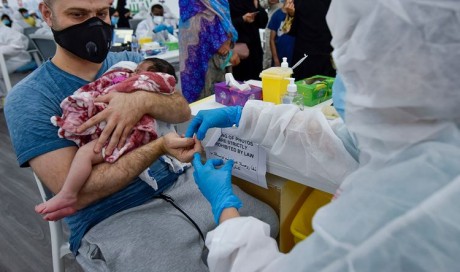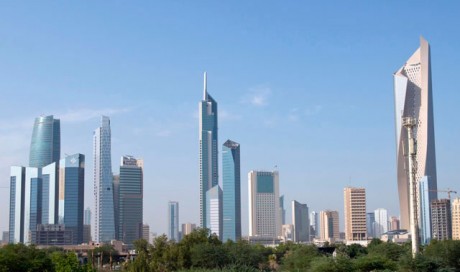"You're delusional if you think you 'own' your domestic worker"
ليش لايكون شاريه الخدامه وعندج صك ملكيه لها يا الحين اقول الخدامه بشر ويحق لها يوم اجازه غصباً عليج مو عبده لج هذي بني ادمه ولها حق
— Khalid Saif (@khalidQ8man) July 14, 2018
"Why don't you work seven days a week and give your passport to your boss. Where's your humanity?"
هذي من اقل حقوق الإنسان فالعمل، خلاص انتي قومي اشتغلي يوميًا و خلي جوازك عند مديرك. وين الانسانية
— Calvin the socialist ☭ (@polisphilosophy) July 14, 2018
You're talking about the most basic of human rights here."
Many pointed this out
اقل شي يوم راحه بالاسبوع بني ادم مو ماكينه
— f6oommm (@f6oommm) July 14, 2018
A day off is the minimum. She's a human being, not a machine."
Others summed it all up
أول شي إسمها عاملة منزلية مو خدامة ثاني شي هي مو مكينة تخدمج من تيي لين تروح من غير ما تطلع .. حتى المكاين تتعب .. انتي قضبي بيتج يوم واحد بالإسبوع وخليها تتنفس مثل خلق الله .. عامليها زين وخلي جوازها عندها وبتم عندج لأنها مو عبدة مملوكة ولكن موظفة عندج مثل ما عليها .. لها!
— Hanan Al Saeed (@al_zain) July 14, 2018
"First of all, you call her a domestic worker, not a servant. Second, she's not a machine, she can't work for you 24/7 from the moment she arrives in your home till the moment she leaves. Even machines get tired. You take care of your own house for a day per week and let her have a day off like everyone else. Treat her well and let her keep her passport because she isn't your slave, but an employee who has responsibilities and rights!"
Domestic worker rights are practically non-existent across the Arab world
The Kafala system has lead to the abuse of foreign domestic workers across the Arab world. It permitting what adds up to something akin to slavery. When will the Lebanese government change this shameful law & protect vulnerable foreign workers?https://t.co/XeaTOMZgTm
— Mostafa Minawi (@MostafaMinawi) February 16, 2018
Millions of domestic workers across the Arab world are forced to fight for their most basic of rights given that they're governed by the kafala system.
The system exists in different forms in the United Arab Emirates, Oman, Bahrain, Kuwait, Saudi Arabia, Jordan, Iraq, and Lebanon.
According to Human Rights Watch, it's a form of legislation "that gives sponsoring employers substantial control over workers and leaves workers vulnerable to situations of trafficking and forced labor."
The kafala system, which has been called "modern-day slavery" by rights groups, legally binds domestic workers to their employers, giving them very limited legal protection. Under it, domestic workers across the region are left exposed to human rights violations.
Share This Post














